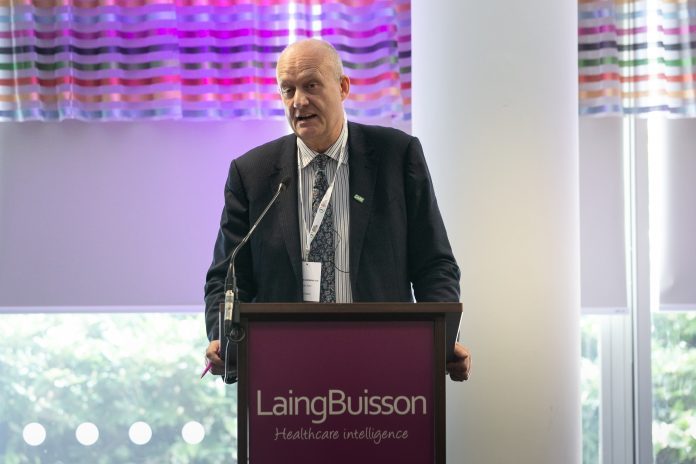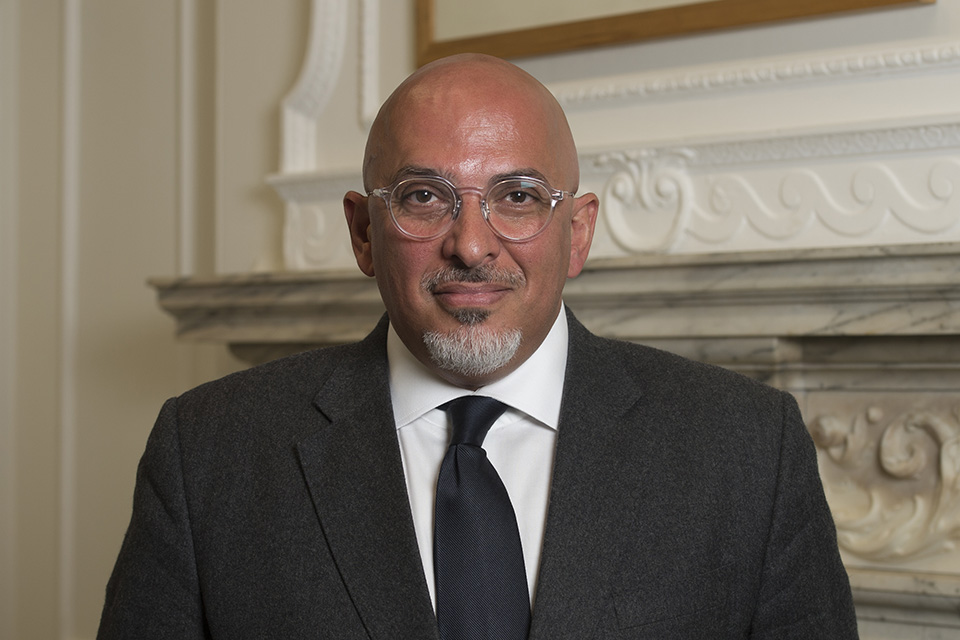Care England has urged an inquiry into the protection of human rights in care settings not to only focus on bad practice but also recognise the good work being done.
During the pandemic, the joint committee on human rights reported on the detention of young individuals with disabilities or autism and called for further action to end blanket bans on visiting people in residential care homes.
Its latest inquiry is a result of ongoing concerns about the application of do not attempt cardiopulmonary resuscitation notices, poor use of treatment escalation plans, over-medication, and deprivation of liberty safeguards.
It is examining how the human rights of those accessing social care are undermined or put at risk, and what can be done to enhance legal protections. It is also looking at how well care providers ensure the human rights of the people under their care, and how regulators make certain of high standards.
Professor Martin Green, Care England chief executive, said: ‘The committee will surely take care not to bias the final report towards unfairly focusing only on bad practice, while further undermining those working in the field by failure to recognise excellent practice and, perhaps more seriously, by an inevitable failure to provide vivid, essential learning by example, disseminated with the authority of this committee, by sharing practical examples of what great, person-centred, human rights-enhancing care looks like.’
In its submission to the inquiry Care England has argued for the importance of recognising and enabling someone’s joy in their family and friends, building into their care plan the value someone places on religious, political or sporting ties, and understanding the significance of an individual’s personal history.
With regards visiting during the pandemic, the representative body said guidance coming out of Public Health England was at odds with the Mental Capacity Act’s empowering ethos, and the drive of human rights law towards equality of treatment of all citizens.
‘We welcome the question asking what lessons can be learned from what happened during the pandemic,’ said Prof Green. ‘Here, the fault does appear to lie within government, and lessons need to be learned with some alacrity.
‘More waves of coronavirus variants, or further viral pandemics, cannot be ruled out, and those who are making vital decisions about how to protect citizens from extreme harm, within the context of basic human rights, need to learn from what has happened so far.’
The inquiry is covering a range of social care services in England including support for older people and individuals with long-term medical or mental health disabilities.








 ©2024 All rights reserved LaingBuisson
©2024 All rights reserved LaingBuisson 


